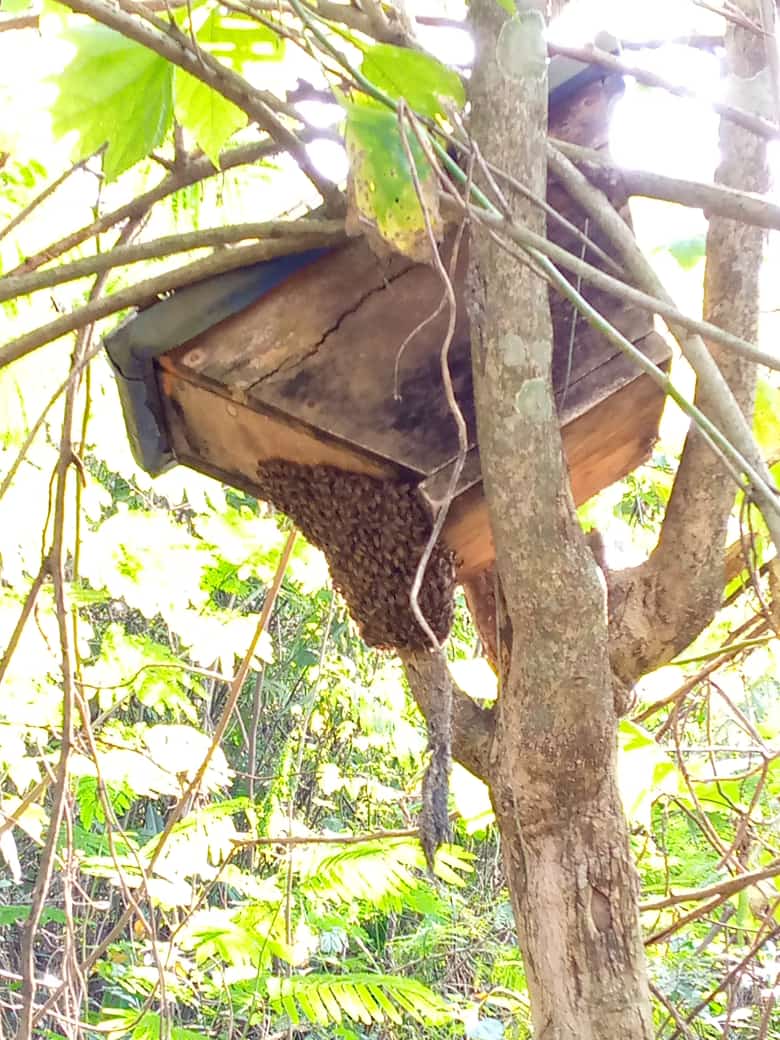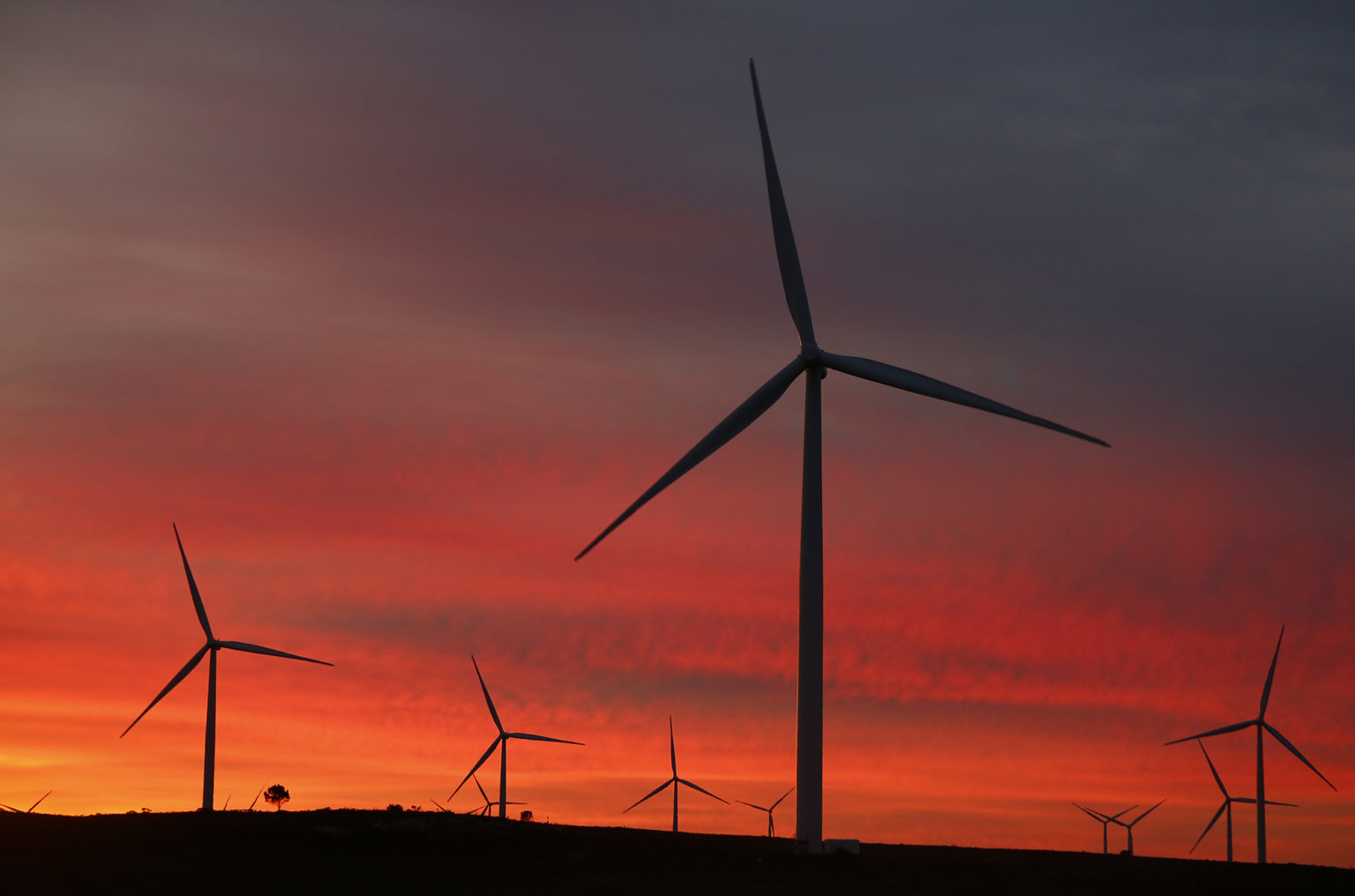
– Experts: New Science Shows Forests Shield Us From the Climate’s Worst Case Scenarios–From Heat Waves to Droughts
By Jiata Ekele
An eye-opening new body of research reveals that deforestation is more dangerous for the global and local climate than was previously envisaged; cutting down trees immediately heats up and dries out local and regional areas, threatening food supplies, local economies and human health.
Following one of the hottest, driest summers on record–marked by scorching fires, record-breaking heat waves and evaporated water supplies–a panel of experts will explain the little-understood yet critical role forests play in shielding these increasingly common climate extremes.
The experts explained why we’ll become even more vulnerable to headline-grabbing climate-related disasters without forests to protect us.
Scientists already have a well-established understanding of how tropical deforestation contributes to global climate change through emitting carbon and reducing the ability of the world’s forests to take more carbon out of the atmosphere.
But this new body of research shows how tropical deforestation has climate impacts beyond carbon: deforestation immediately increases extreme heat locally and decreases regional and local rainfall.
Because it is so new, many policymakers and climate scientists gathering in Glasgow for the climate talks in November are only just beginning to understand these aspects of forest loss.
A newly released report details how this phenomenon plays out in the soy fields of Brazil, a hotbed of deforestation beset by skyrocketing temperatures and dry conditions.
Planet Tracker yesterday released the report, No Rain on the Plain: Deforestation threatens Brazil’s agricultural exports, detailing the risks forest loss poses to soy production in Brazil.
The study provides new insight into the extent to which removing trees to plant soy ultimately parches soil and harms crops and livestock, threatening agriculture and economies worldwide.
Experts revealed why new science about deforestation’s immediate impacts on local climates is so concerning for everyone–at the hyper-local and global levels. They will provide an overview of the latest scientific findings and suggest what can be done at all levels to protect forests.
As a non-profit financial think tank, Planet Tracker aligns capital markets with planetary boundaries. It was created primarily for the investor community to analyse the risk of market failure related to environmental limits, which, other than climate change, are often not aligned with investor capital. Planet Tracker generates breakthrough analytics to redefine how financial and environmental data interact to change the practices of financial decision-makers to help avoid both environmental and financial failure.











